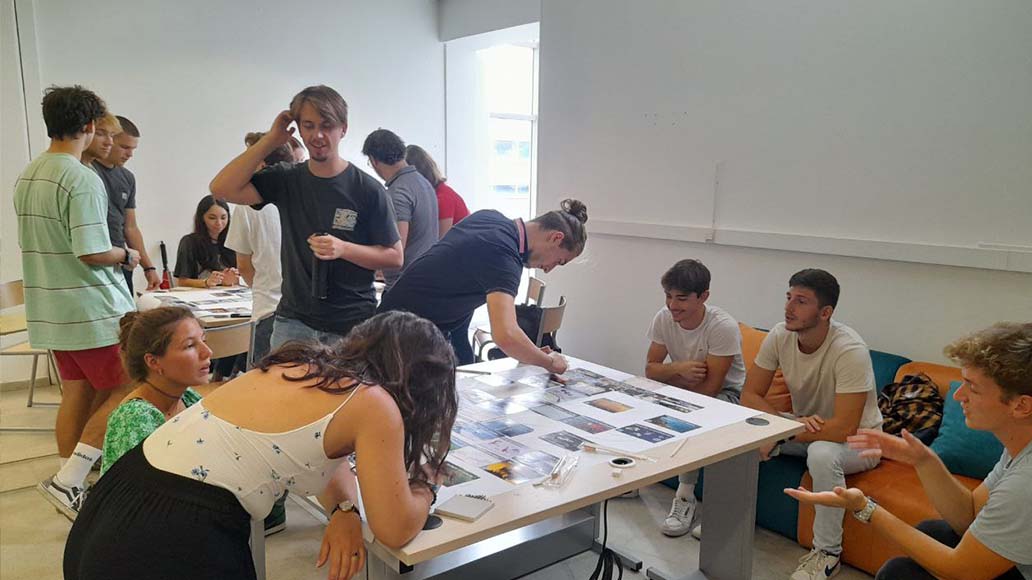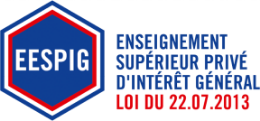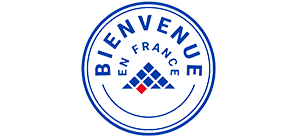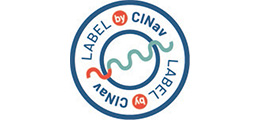ESTACA Creates a New “Sustainable and Responsible Engineering” Department

To mark European Mobility Week from September 16 to 22, ESTACA, a post-baccalaureate engineering school specializing in sustainable transport, has announced that it is restructuring its engineering program with the launch of a new department called IDEAL, for Ingénierie Durable et rEsponsAbLe (sustainable, responsible engineering).
In a globalized industrial context, the transport and mobility sector is undergoing profound change, with digital technology, artificial intelligence and energy issues taking on major social and economic importance. To better prepare future engineers for this current and future change in industry and more widely in society, ESTACA is changing the organization and content of its engineering training. From September 2023, the School’s curriculum will be structured around three departments:
▪ Engineering sciences (SPIN) > enables students to acquire the scientific, technical and fundamental skills needed for their engineering training.
▪ Mobility engineering (IBIS) > focuses on the skills specific to each transport option chosen by students: aeronautics, automotive, rail, space or naval.
▪ Sustainable, responsible engineering (IDEAL) > covers a wide range of multidisciplinary skills, including human sciences, interculturality, ethics, communication, management and professional experience. All students will follow the course modules of all three sections during their five years of study.
IDEAL Department: building skills for socio-environmental transitions
The aim of the IDEAL department is to add to and further existing training by strengthening the skills of future engineers in reducing the environmental footprint of transport, integrating transition and developing cross-disciplinary skills.
In the face of today’s major issues, awareness and commitments, the aim is for each engineer to be able, at the end of his or her training, to:
▪ Acquire an in-depth understanding of current developments;
▪ Recognize and incorporate issues linked to socio-environmental transitions into a career plan;
▪ Develop solutions by adopting a critical perspective on scenarios and levers for action, while integrating ethical reflection;
▪ Provide the skills needed to contribute professionally to building a world of tomorrow that respects interculturality.
Teaching and assessment methods are diverse, with a catalog of courses, projects and work experience aligned with the department’s themes. Transition Wednesdays: a series of conferences for a sustainable and responsible future are also offered to students and led by experts on topics such as: “Our climate future, transformation issues”, “AI and the engineering profession, digital issues”, “Energy transition: a major challenge for the automotive industry”.
A department divided into 3 divisions with new content and teaching methods
The curriculum is based on a number of existing modules and courses, but allows us to restructure the syllabus, develop new ones and vary the teaching tools, methods and assessments.
▪ “Sustainable innovation” addresses:
✓ Energy and environmental transition & eco-design, life cycle, carbon footprint, social dimension, behavioral analysis, intermodality, resource availability, consumption and waste, deciphering reference documents, etc.
✓ Digital transition: AI, machine learning, advanced multiphysics simulation tools, modeling, mathematical methods / Big data, cybersecurity, interoperability of IoT systems, quantum mathematics, Smart grid mobility building cities, etc.
✓ Societal transition & innovation: climate change, biodiversity preservation, urban planning, environmental law and public policy, circular economy, calculation of ecological footprint via serious games.
▪ “Humanities and societal transition” is devoted to languages and interculturality: learning languages, practicing speaking skills, acquiring autonomy, developing critical thinking and opening up to other cultures, …
▪ “Professional experience”: managing internships in France or abroad and academic mobility projects. Students complete a minimum 12-month internship during their training. A new evaluation grid to highlight more varied skills that respond to an environmental or societal issue has been drawn up to include notions of engineering ethics, intellectual honesty, CSR, RGPD compliance issues, data export, confidentiality. This change to our engineering training was developed by a working group that chose to adopt an iterative construction method, the result of which is unique to ESTACA.
Many establishments have dealt with the issue of training engineers for ongoing change, the benchmark work being that of the INSA Group and the Shift Project.
A Cycle of Conferences
A cycle of 14 lectures, “Transition Wednesdays”, is being offered to students from all campuses and all years. These conferences feature contributions from climate and transport specialists, to develop students’ understanding of the challenges of energy transition. The cycle began in September with a talk by Valérie Masson-Delmotte, a climate scientist, ranked among the world’s 100 most influential people by the American Time magazine. Today research director at the CEA in the Climate and Environmental Science Laboratory, she is also a member of the High Council on Climate and was co-president of the IPCC working group from 2015 to 2023.














